Fastest Production Car 2018 Top Speed
LESS THAN a decade after the arrival of the first modern automobile, Karl Benz's 1887 Patent Motor Wagen (top speed: 12mph), people were already racing their new petrol-powered horseless carriages to determine whose was the fastest.
The world's first modern motor race, the 1894 Paris-Rouen, was won by a steam carriage driven by the Count de Dion, though as his vehicle required a stoker, it was disqualified and the title was handed to a 3bhp Peugeot with an average speed in the race of 11mph making it, for a time, the fastest car in the world by one standard.
Then things started to hot up. In 1898, an electric Jeantaud Duc driven by Gaston de Chasseloup-Laubat recorded a speed of 39.24mph and, over the next few years, de Chasseloup-Laubat engaged in a fierce all-electric rivalry with a Belgian, Camille Jenatzy for the land speed record.
Jenatzy's final 1899 record of 65.79mph in his pencil-shaped electric special, La Jamais Contente, stood until 1902 when it was beaten that April by Léon Serpollet in a steam-powered car of his own creation.
Serpollet's 75.06mph record didn't last long though: William K. Vanderbilt hit a speed of 76mph that August in a petrol-powered Mors.
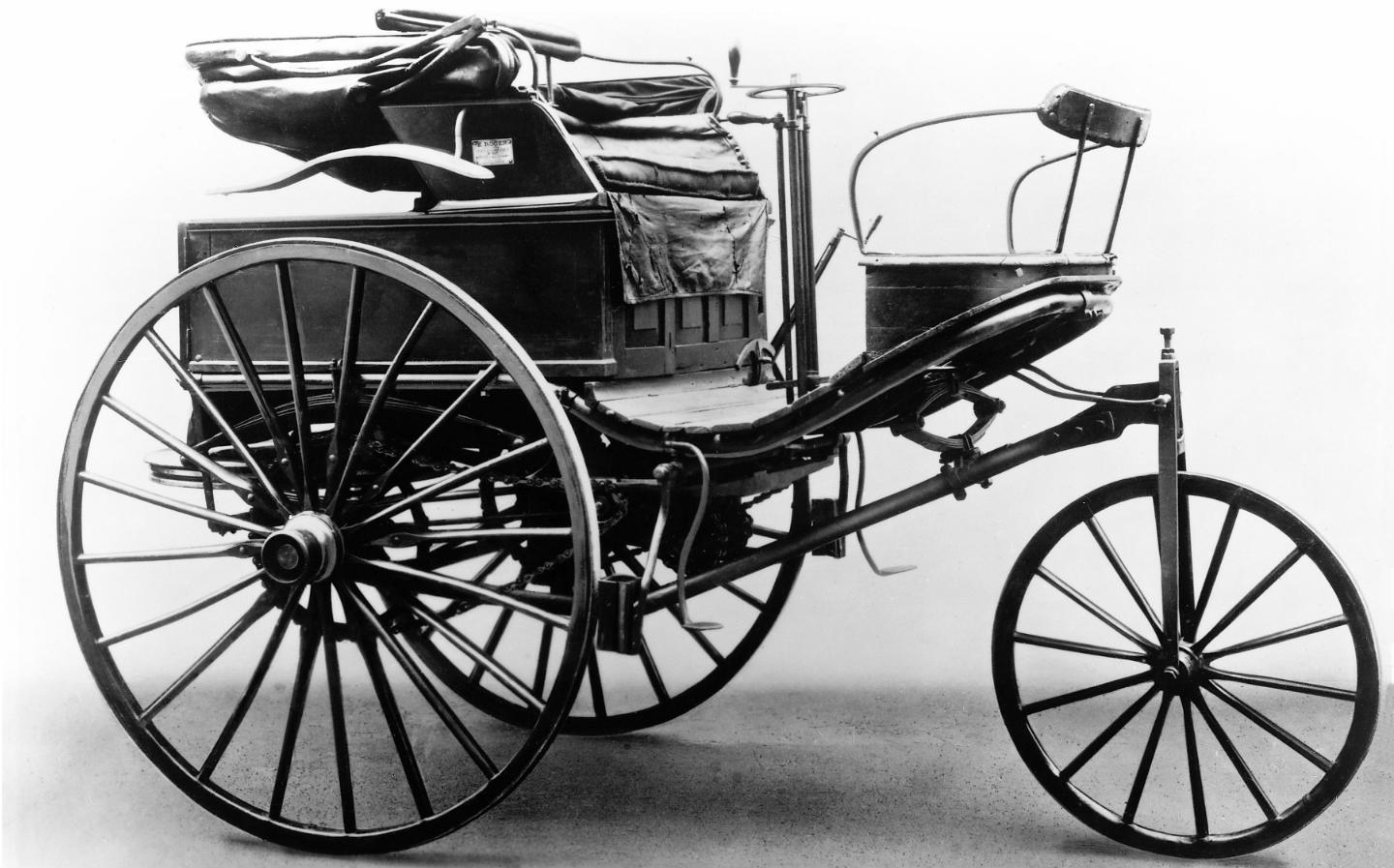
Thus began the internal combustion engine's dominance when it came to speed and motor racing. By the 1930s, although record cars were still wheel-driven, many of the land speed record streamliners looked like ground-based aircraft.
That was further reinforced when Craig Breedlove's jet-powered Spirit of America took the record in 1963 at the Bonneville Salt Flats in the United States at 407mph.
At that time, the fastest production road car in the world was a comfortable British grand-tourer, the Aston Martin DB4 with a top speed of 152mph, while the Formula 1 world championship was won by Jim Clark in his Lotus 25.
This divergence goes to show the main difficulty in determining the fastest car in the world as it doesn't just depend on one's definition of fast, it also depends on one's definition of car. What might be lightning quick around a track might not be so fast in a straight line. Nor might it be in any way useable on the public road or even look like something with four wheels and an engine.
So, what's the fastest car in the world today? Well, in the absence of a jury, let's take a look at some of the various categories.
What car holds the land speed record?
The current land speed record is held by Thrust SSC (supersonic car), a British project, which clocked 763mph in the Nevada desert in 1997 piloted by Andy Green.
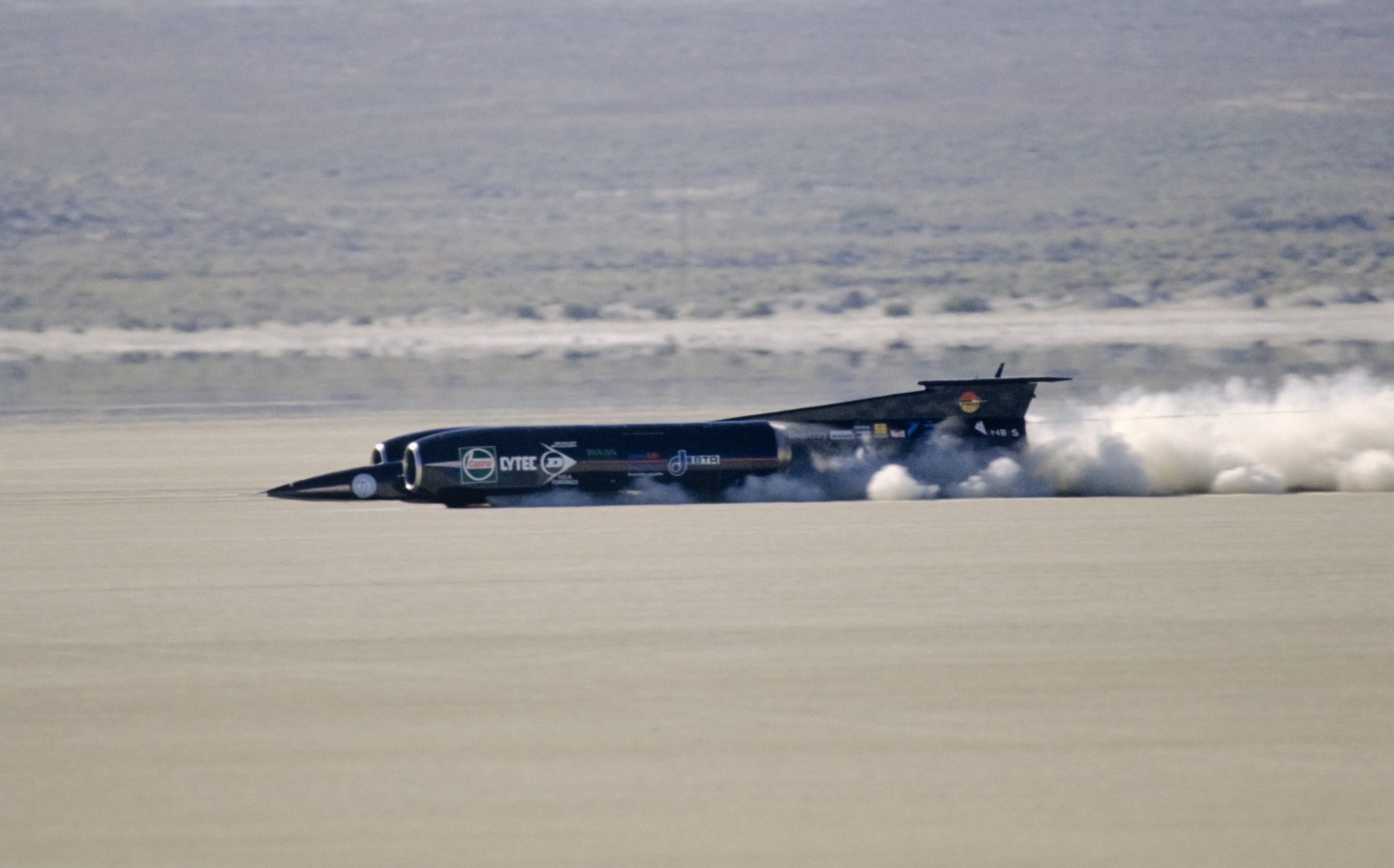
Thrust SSC was the first "car" to break the sound barrier thanks to its twin Rolls-Royce turbofan aircraft engines producing an equivalent of around 102,000bhp.
Thrust SSC's record has, after almost 25 years, not been beaten despite the efforts of various contenders, including the Bloodhound SSC (latterly Bloodhound LSR), another British effort headed by Thrust SSC's driving force and a former land speed record-holder himself, Richard Noble. Bloodhound was set to have been driven by Andy Green again.
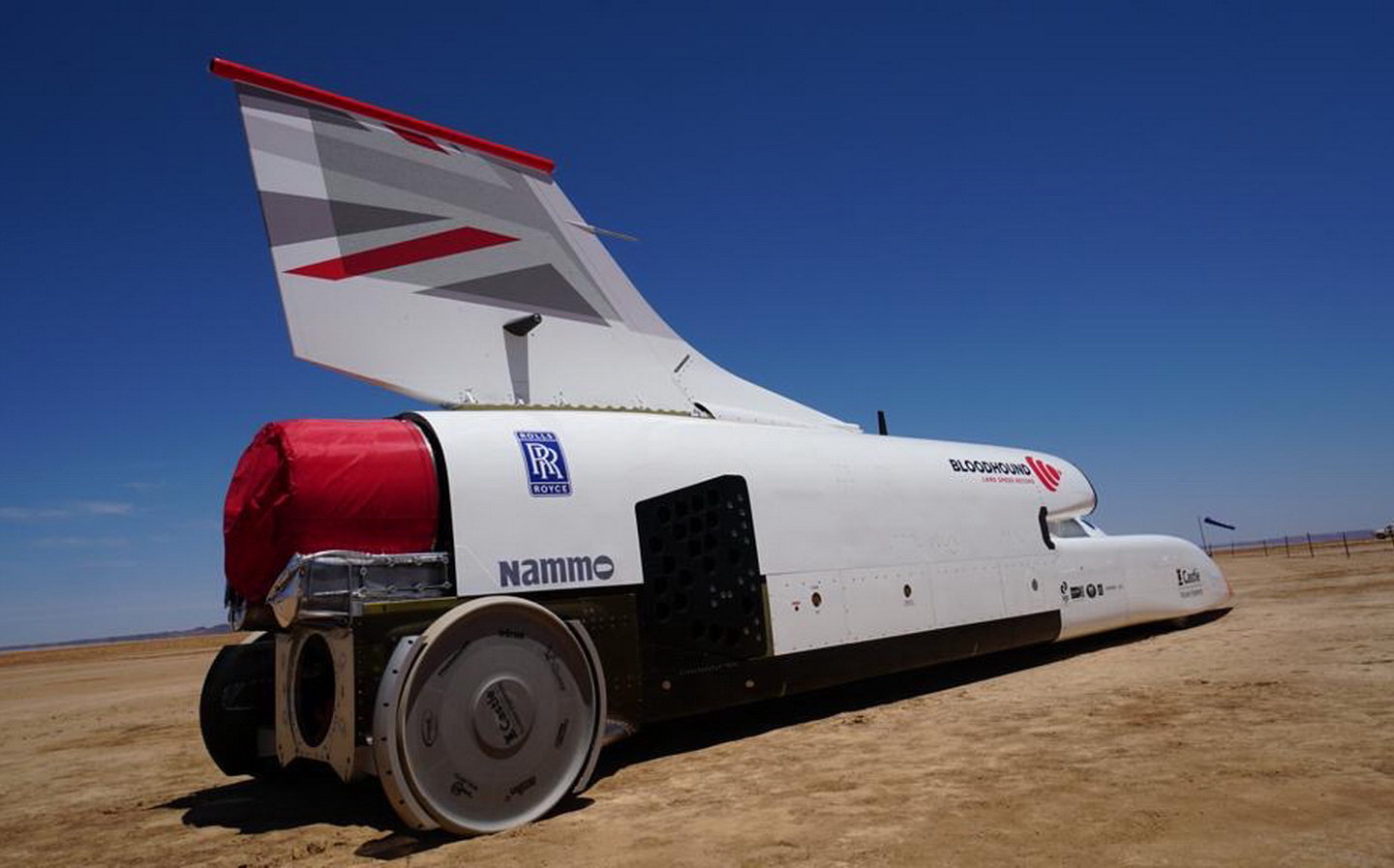
The jet and rocked-powered Bloodhound LSR is theoretically capable of 1,000mph and has in testing reached 628mph, though financial difficulties have prevented further test runs and the project's future is unclear.
Both Thrust and Bloodhound look nothing like cars as we know them and, as both are powered by jets or rockets, neither are wheel-driven. Turbinator II — a streamliner run by Team Vesco in the United States — is the fastest wheel-driven car in the world having attained a speed of 503mph in 2018.
What is the fastest road car in the world?
This is a fraught topic. Officially the fastest production car in the world is the Koenigsegg Agera RS with a top speed of 277.8mph. The record car was unmodified and used a 5-litre V8 producing 1,160bhp. The 2017 record attempt was made on a closed 11-mile straight section of road near Las Vegas meaning that the Agera RS's top speed is also the highest ever achieved by a car on a public road.
Part of the difficulty in determining the fastest production car is that there's no official governing body beyond the Guinness Book of World Records. Record attempts must also be carried out in two directions to account for wind and slope advantages. Since the Agera RS's record, a pre-production prototype of the Bugatti Chiron Super Sport 300+ with its speed limiter removed achieved 304.77mph at Volkswagen's Ehra-Lessien test track in Germany. The Chiron was excluded from taking the fastest production car record as the Super Sport 300+ wasn't a production car at the time and the attempt was made in one direction only.
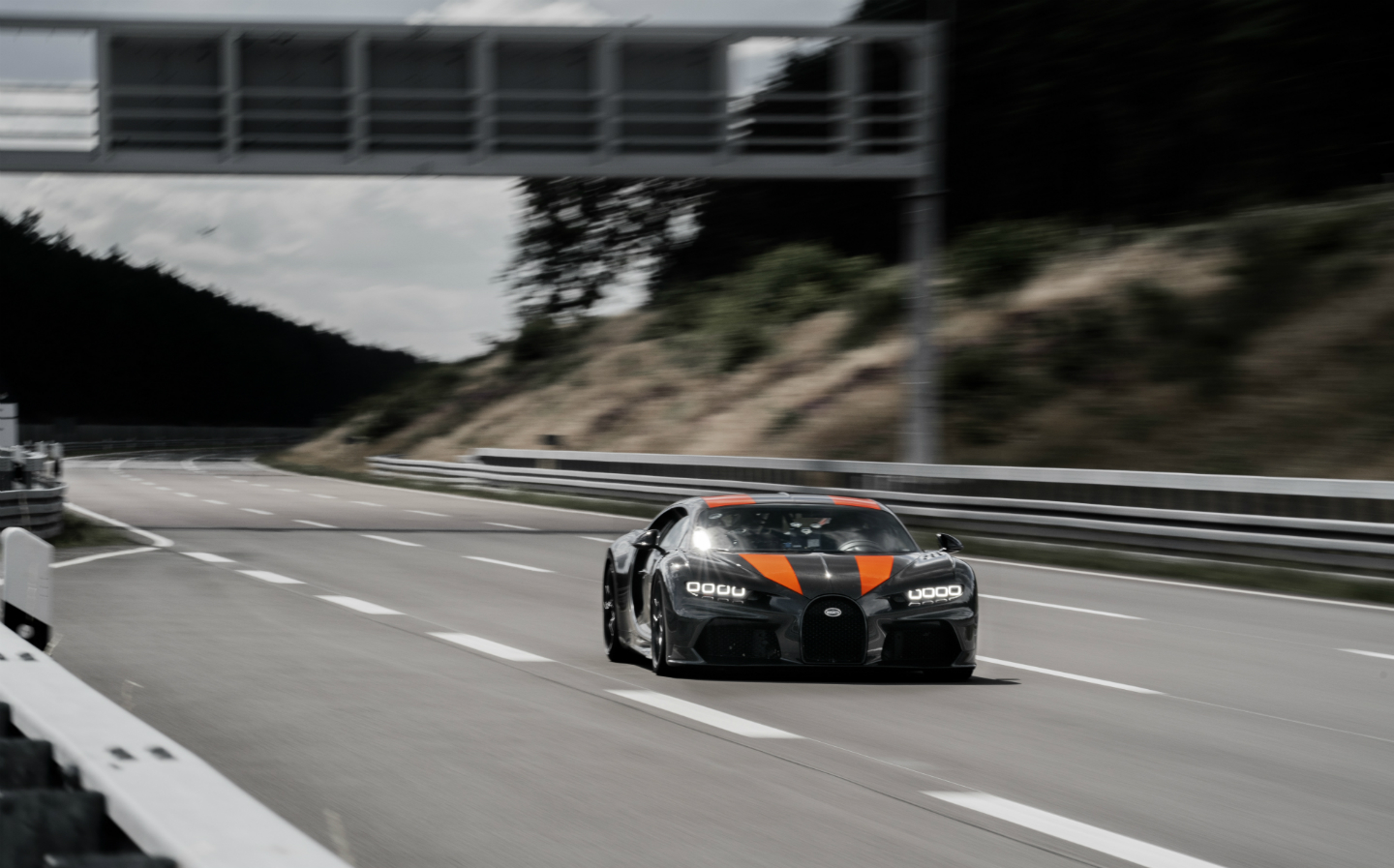
Shelby Supercar (SSC) claimed in 2021 to have reached 331mph with its Tuatara hypercar in Nevada, but the company was forced to admit that it had lied and that the Tuatara hadn't even reached 300mph. At the time of publication, the Tuatara has not made an officially timed and verified speed run.
What is the fastest racing car in the world?
Different racing cars have different capabilities to others, so while one might be blisteringly quick around one track, it may not have the edge on another.
Manufacturers, however, often use the Nürburgring Nordschleife track in Germany as a benchmark for evaluating their cars. Its 12.9-mile twisting length with over 150 corners and cambering road surfaces is an ideal testing ground for both production and racing cars, so it's often regarded as an industry standard.
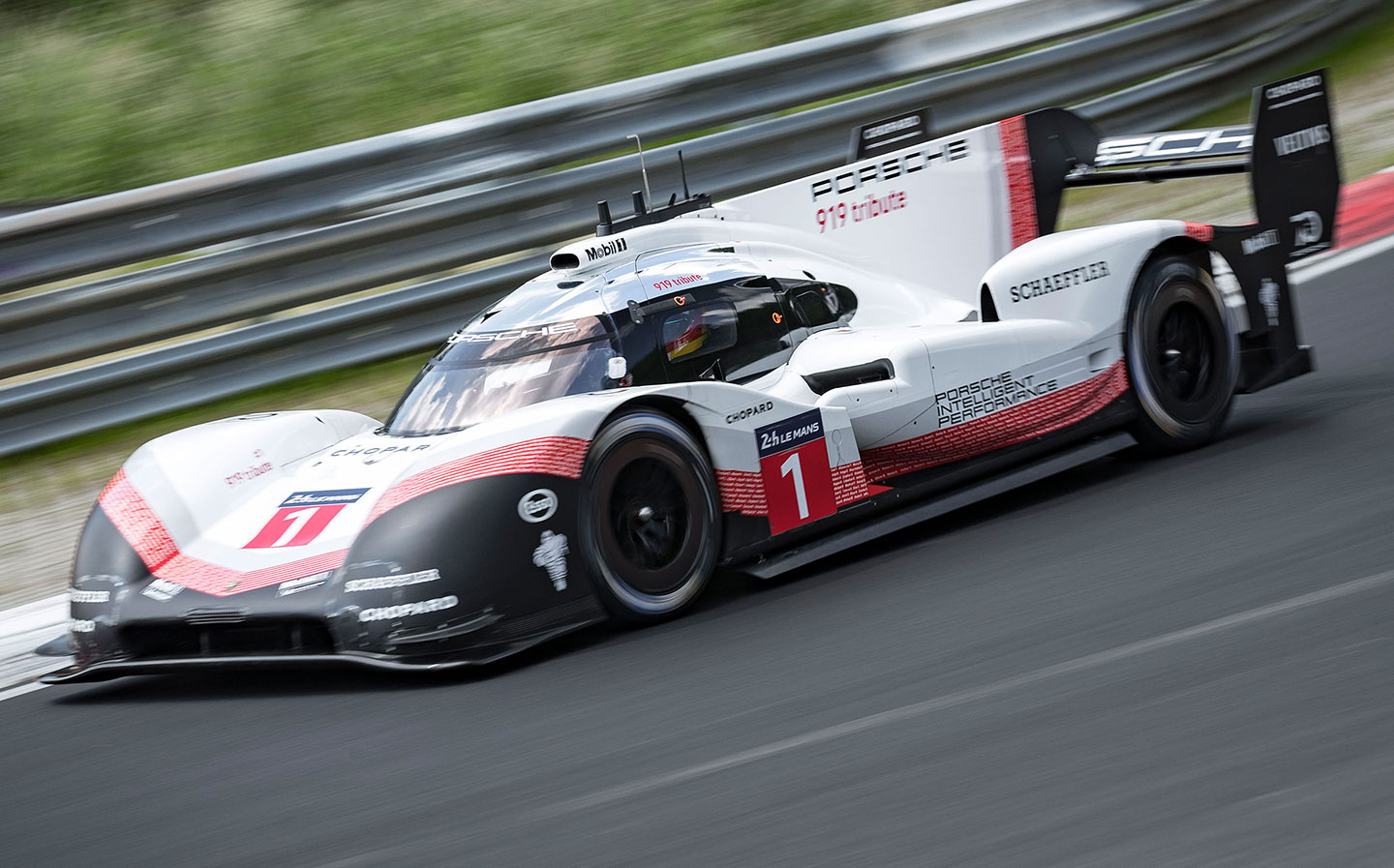
The current Nordschleife record of 5 minutes, 19.5 seconds is held by the Porsche 919 Evo, a modified version of a Le Mans Prototype-class racing car. The hybrid vehicle driven by racer Timo Bernhard developed – between its engine and electric motors – 1,144bhp and the record was set in 2018.
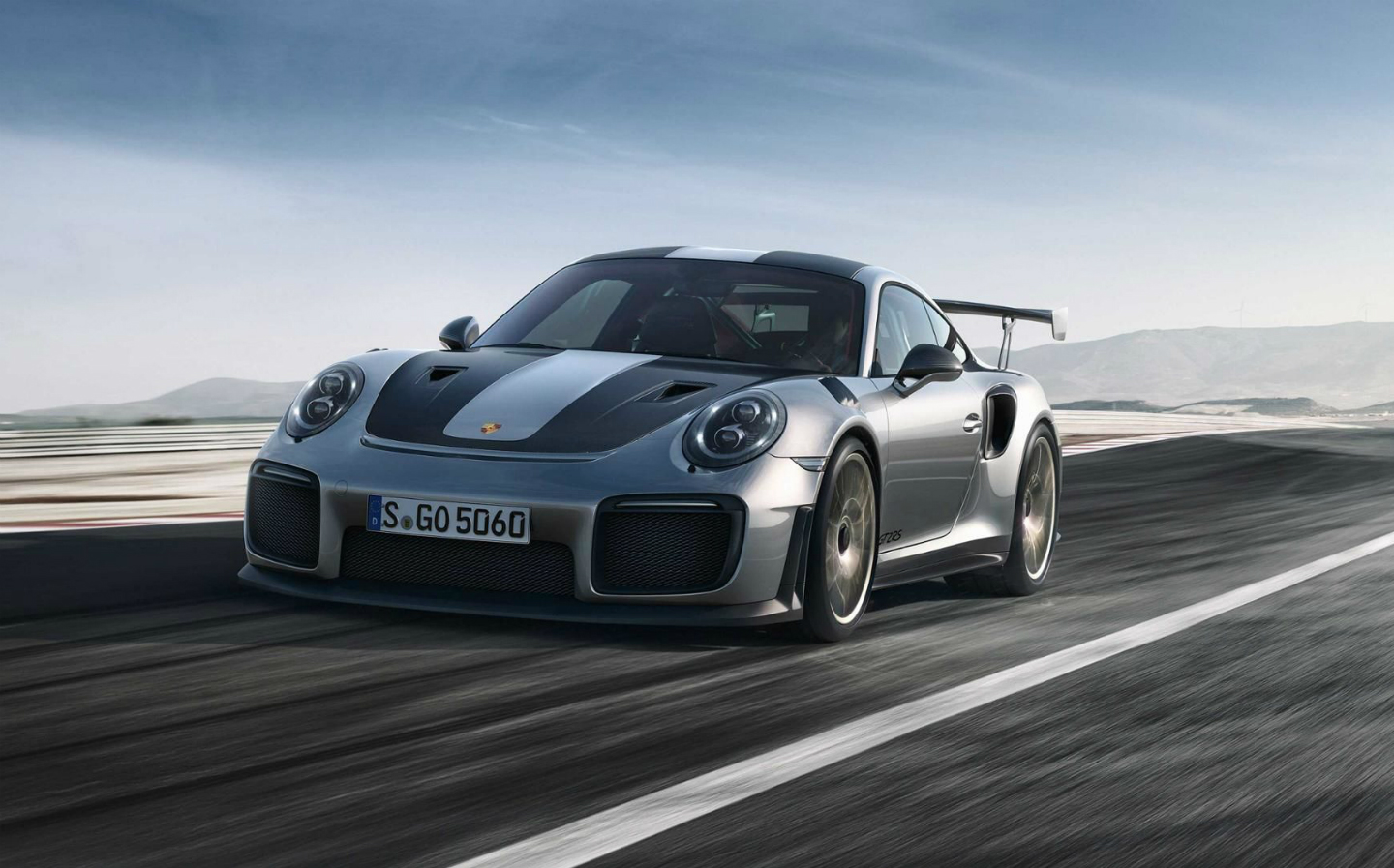
In contrast, the current record for a production car around the Nürburgring is 6 minutes, 38.8 seconds set in June 2021 by a Porsche 911 GT2 RS. Again, these records are controversial as people explore the limits of what is determined as "street legal".
What is the fastest accelerating car in the world?
Top Fuel drag racers burning a mixture of nitromethane and methanol can accelerate from 0-100mph in around 0.8 seconds often making their 1,000ft (305m) runs in 3.62 seconds or so.
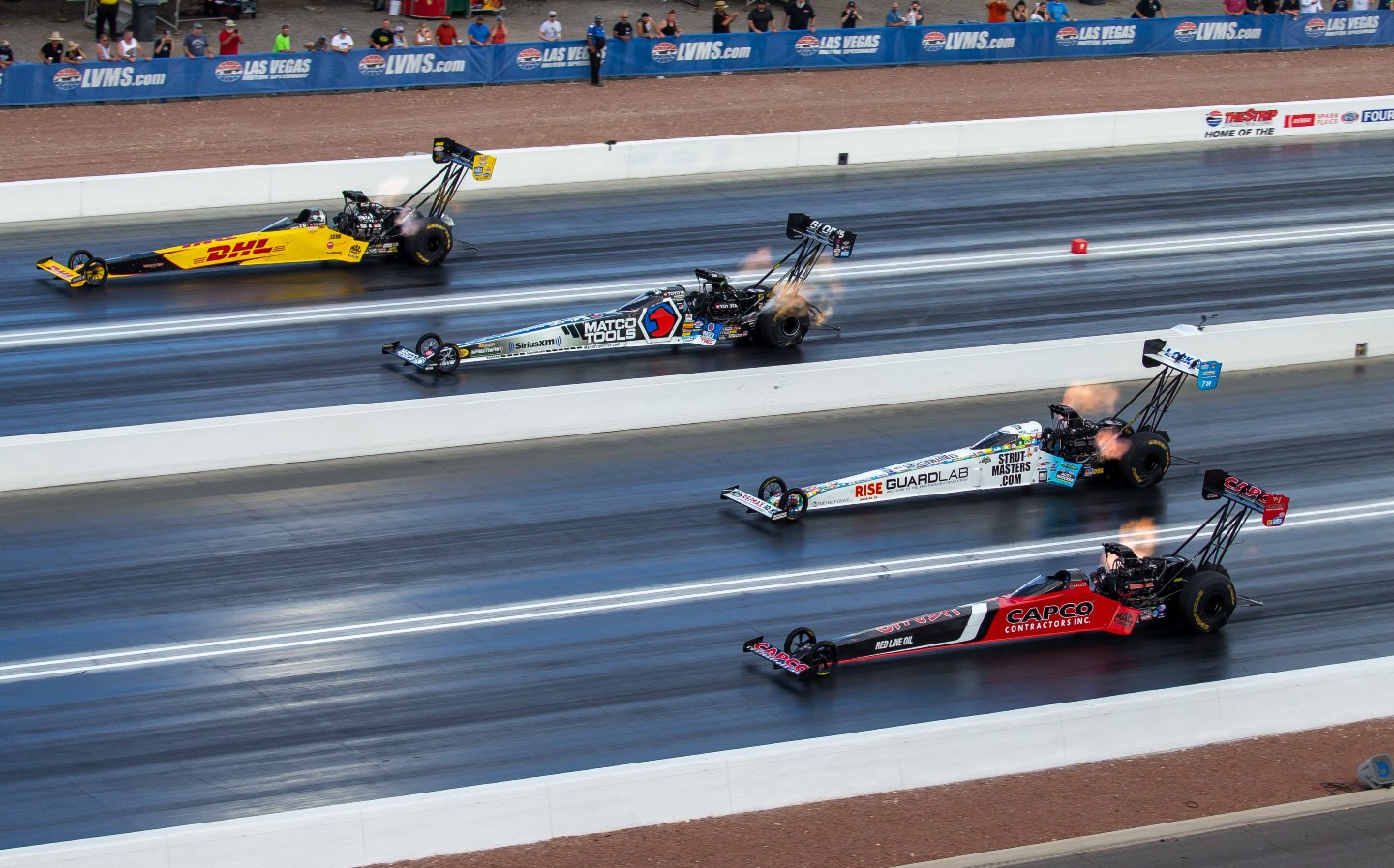
Currently, the fastest accelerating production car in the world is the Tesla Model S Plaid. It can, under certain conditions, manage the 0-60mph sprint in 1.98 seconds.
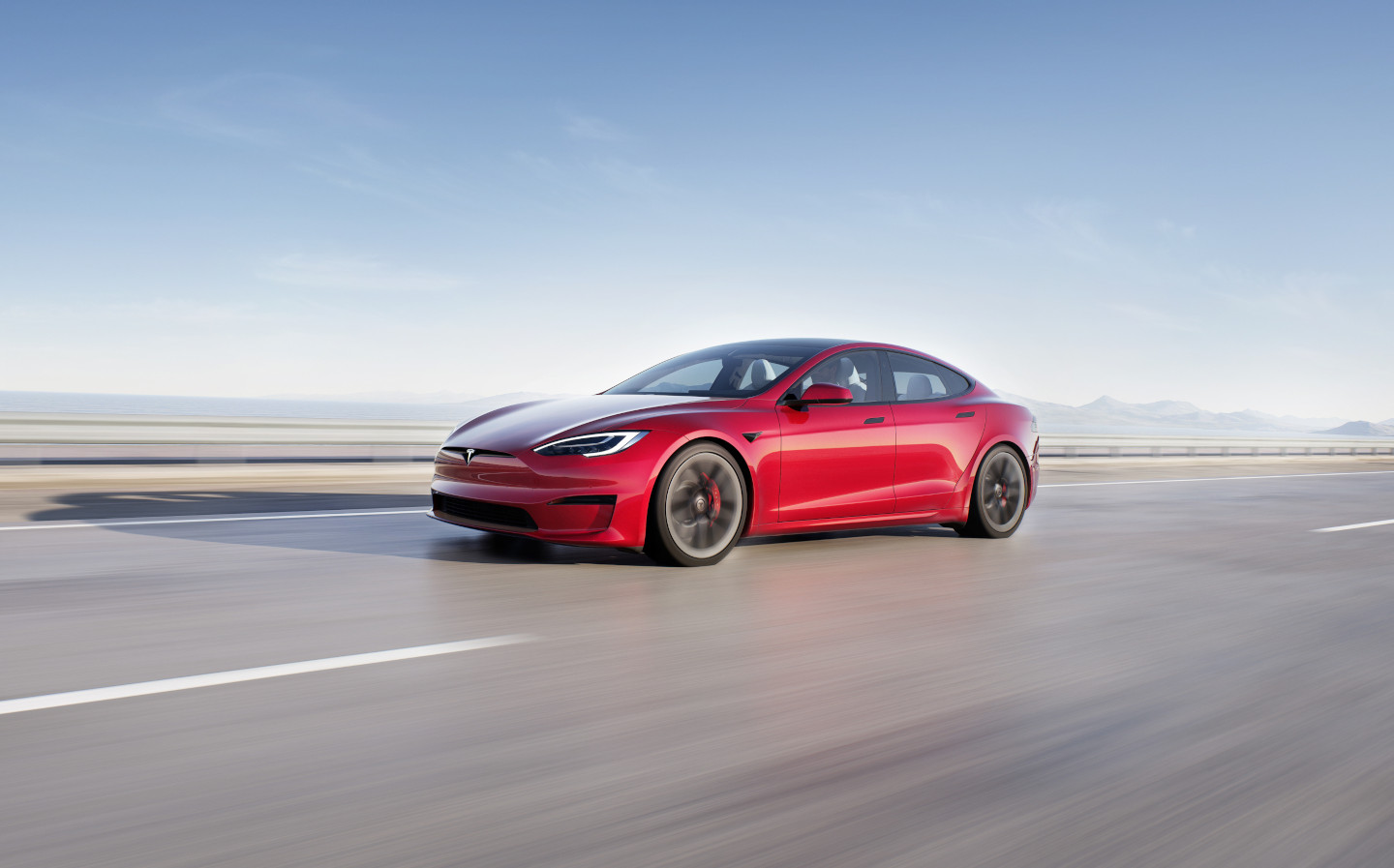
Tweet to @ST_Driving Follow @ST_Driving
- If you found what is the fastest car in the world interesting, you might also like to watch this Tesla-powered electric streamliner record 335mph American speed record at Bonneville
- Earlier this year, it looked like the British Bloodhound land speed record project was resurrected
- Can I be fined for driving 1mph over the speed limit?
Fastest Production Car 2018 Top Speed
Source: https://www.driving.co.uk/news/diversions/fastest-car-world/

Tidak ada komentar: